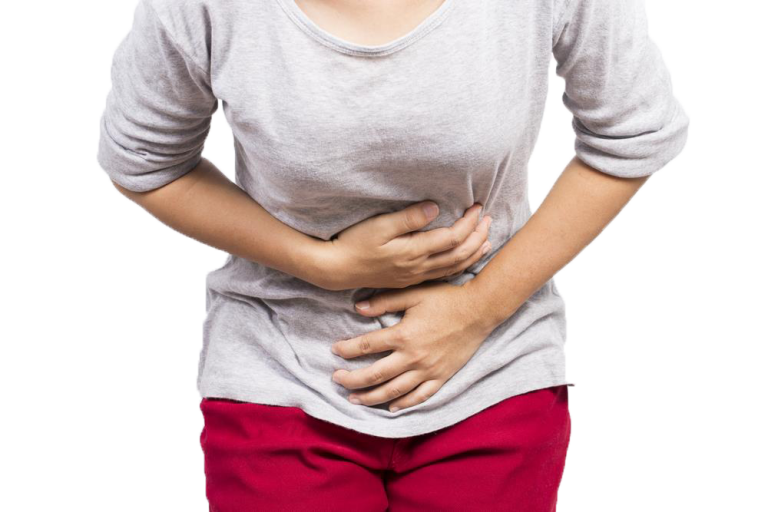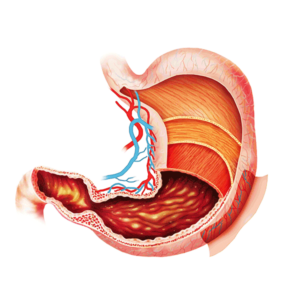Digestive Issue Expert in Perumbakkam
Your Trusted Partner in Digestive Issue
Digestive issues, also known as gastrointestinal problems or disorders, refer to a wide range of medical conditions or disturbances that affect the digestive system . We are here to provide you with top-notch care and guidance to tackle your problems.

Understanding Digestive Issue
Types of Digestive Issues
Gastroesophageal Reflux Disease (GERD): GERD is a chronic condition in which stomach acid flows back into the esophagus, causing heartburn and irritation of the esophagus lining. It can lead to symptoms like regurgitation, chest pain, and chronic cough.
Irritable Bowel Syndrome (IBS): IBS is a common functional gastrointestinal disorder characterized by abdominal pain, bloating, and changes in bowel habits, including diarrhea and constipation. It is not associated with structural damage to the digestive tract.
Inflammatory Bowel Disease (IBD): IBD includes conditions like Crohn’s disease and ulcerative colitis, which involve chronic inflammation of the digestive tract. Symptoms can include diarrhea, abdominal pain, weight loss, and fatigue.
Celiac Disease: Celiac disease is an autoimmune disorder triggered by the ingestion of gluten. It damages the small intestine, leading to malabsorption of nutrients and symptoms like diarrhea, abdominal pain, and skin rashes
Peptic Ulcers: These are sores that develop on the inner lining of the stomach or upper small intestine. They can cause burning stomach pain and discomfort, especially when eating.
Gallstones: Gallstones are hard deposits in the gallbladder. When they block the bile duct, they can cause intense pain, indigestion, and inflammation.
Constipation: Constipation is characterized by infrequent or difficult bowel movements, often resulting in discomfort, bloating, and the feeling of incomplete evacuation.
Diarrhea: Diarrhea is the passage of loose or watery stools more frequently than usual, often associated with a range of underlying causes, including infections and dietary factors.
Lactose Intolerance: Lactose intolerance is the inability to digest lactose, a sugar found in dairy products. It can cause digestive symptoms such as bloating, gas, and diarrhea after consuming dairy.
Diverticulitis: Diverticulitis occurs when small pouches (diverticula) in the colon become inflamed or infected. Symptoms may include abdominal pain, fever, and changes in bowel habits
Gastroenteritis: Gastroenteritis is inflammation of the stomach and intestines, often caused by viral or bacterial infections. It leads to symptoms like nausea, vomiting, diarrhea, and abdominal pain.
Causes of Digestive Issue
Food Intolerance: Certain individuals are intolerant to specific foods or food components. For example, lactose intolerance (inability to digest lactose, a sugar in dairy products) and gluten intolerance (in conditions like celiac disease) can lead to digestive symptoms.
High-Fat or Spicy Foods: Consumption of high-fat or spicy foods can lead to indigestion, heartburn, and gastrointestinal discomfort in some people.
Bacterial Infections: Bacterial infections, such as food poisoning, can cause symptoms like diarrhea, vomiting, and abdominal pain.
Viral Infections: Viruses that affect the digestive system, such as norovirus, can lead to gastroenteritis with symptoms like nausea, diarrhea, and stomach cramps.
Inflammatory Bowel Disease (IBD): Conditions like Crohn’s disease and ulcerative colitis involve chronic inflammation of the digestive tract, resulting in symptoms like diarrhea, abdominal pain, and weight loss.
Irritable Bowel Syndrome (IBS): A functional gastrointestinal disorder characterized by symptoms such as abdominal pain, bloating, and changes in bowel habits (diarrhea and constipation).
Gastroesophageal Reflux Disease (GERD): GERD is characterized by chronic acid reflux into the esophagus, causing heartburn and discomfort.
Gallstones: The presence of gallstones in the gallbladder can lead to abdominal pain, especially after consuming fatty foods

Symptoms of Digestive Issue:
- A change in normal bowel habits
- Blood on or in the stool that is either bright or dark
- Unusual abdominal or gas pains
- Very narrow stool
- Unexplained weight loss
- Fatigue
- Diarrhea
- Nausea
Treatments
Dietary Changes:
Food Intolerance: If you have a known food intolerance (e.g., lactose or gluten intolerance), avoiding the triggering foods is essential.
High-Fiber Diet: Increasing dietary fiber can help with constipation, but it may worsen symptoms for some individuals with conditions like IBS
Medications:
Antacids or Acid Reducers: These can help manage heartburn and acid reflux (GERD).
Anti-diarrheal Medications: Over-the-counter medications like loperamide can be used to manage diarrhea.
Laxatives: These can be used to relieve constipation.
Probiotics: Some individuals find relief from certain digestive issues with probiotic supplements, which can help balance gut bacteria.
Lifestyle Changes:
Stress Management: Techniques such as relaxation, meditation, and exercise can help reduce stress-related digestive issues.
Smoking Cessation: Quitting smoking can benefit both the digestive system and overall health.
Limiting Alcohol and Caffeine: Reducing alcohol and caffeine intake can help manage certain digestive symptoms
Antibiotics:
Bacterial Infections: For bacterial infections causing digestive symptoms, antibiotics may be prescribed.
Frequently Asked Question on Digestive Issue
Products to clean your stomach include enzymes, herbal teas, enemas, laxatives (including nonstimulant and stimulant types), and magnesium. As mentioned, you can also clean your stomach professionally with colon irrigation.
Lifestyle factors, like your diet, whether you use tobacco, and your level of stress are linked to chronic digestive problems
Dyspepsia is the medical term for difficult digestion. It consists of various symptoms in the upper abdomen, such as fullness, discomfort, early satiation, bloating, heartburn, belching, nausea, vomiting, or pain
It may help to find a quiet place to relax and to eat at a normal pace. Drinking an adequate amount of water or adjusting fiber intake (decrease or increase fiber from whole grains, fruits, vegetables, and other food sources) may also be beneficial to improve digestion.
berries and citrus fruits, such as oranges and grapefruit, contain less fructose, making them easier to tolerate and less likely to cause gas. Bananas are another low-fructose fruit that are fiber-rich and contain inulin, a substance that stimulates the growth of good bacteria in the gut.
